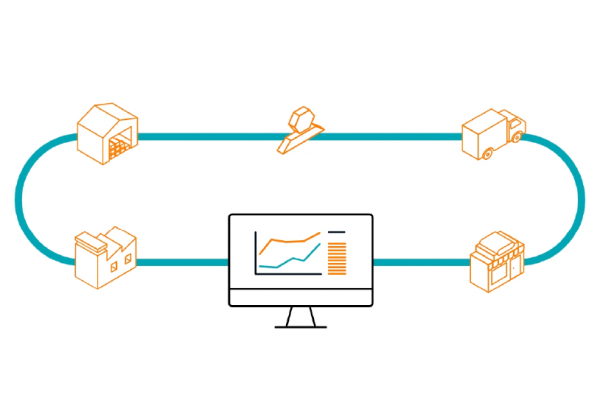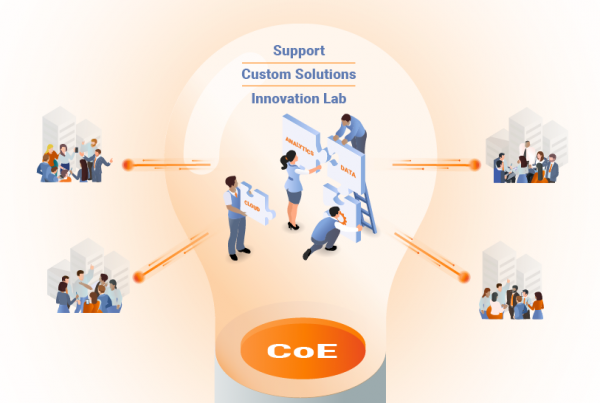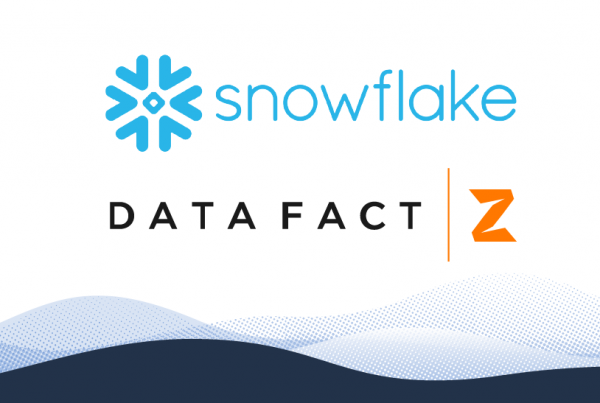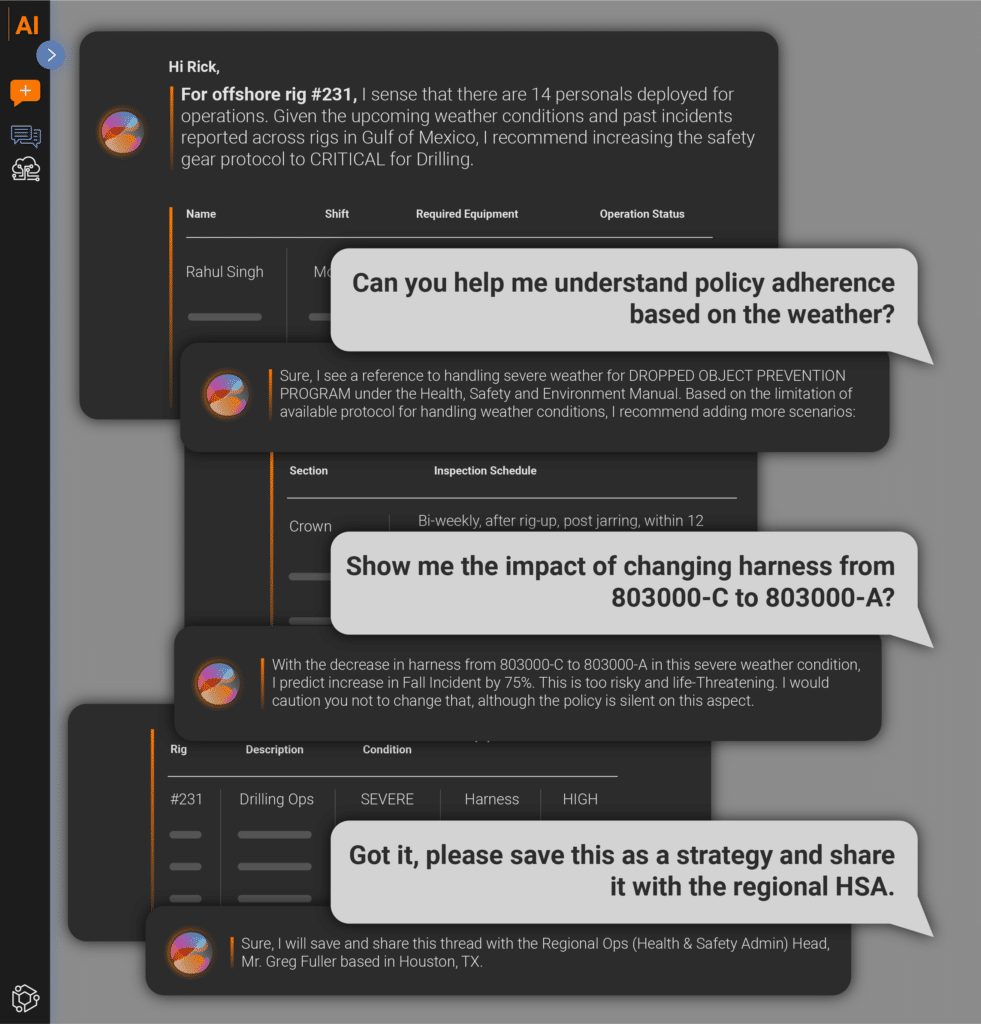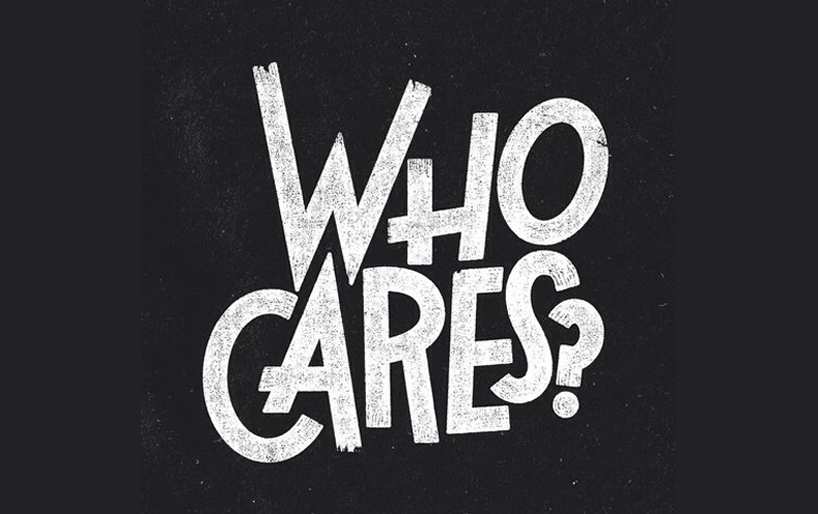 Ooh oohhh! Please hold on. Don’t jump to conclusions yet, I will justify the title. Data science uses complex machine learning algorithms to build predictive models.
Ooh oohhh! Please hold on. Don’t jump to conclusions yet, I will justify the title. Data science uses complex machine learning algorithms to build predictive models.
I’m currently thinking about building a rocket next year. The interesting aspect is, I absolutely have no idea or background in rocket science. But who cares? This may sound outlandish, but let me demystify.
We have a wealth of bright minds all over the world. If and when those minds compete for a specific objective, the results are always outstanding. It is essentially what Martin Chabbert and Martin Piotte did with Netflix.
In 2006, Netflix launched a competition to improve the movie recommendations it provides to customers and the grand prize was $1 million. This was considered the most high profile analytical competition of its time but these two guys with no background in analytics became a central part of the story and won the prize despite their lack of experience. Neither had a background in statistics or analytics, but how did they pull off this miracle?
This was all done under a team name BellKor’s Pragmatic Chaos, is a seven person team of statisticians, machine learning experts and computer engineers from the United States, Austria, Canada and Israel. Now you can imagine how the Martin(s) did it.
Welcome to the realm of Crowdsourcing!
In the era of crowdsourcing, age, gender, race, education, and job history no longer matter; the quality of work is all that counts. This justifies the title and my idea of building a rocket is not totally insane, is it?
Though this be madness, yet there is method in it – Hamlet, by William Shakespeare.
In this context the above statement cannot get any more pragmatic. An enterprise can turn research and development completely on its head in order to leverage the power of crowdsourcing. Instead of overly guarding their strategy, plans and data, an enterprise must take advantage of crowdsourcing and become more competitive.
One groundbreaking firm, Kaggle has taken charge and leads the production of predictive analytics crowdsourcing. Kaggle has been a paradise to the data science community and you can witness number of competitions on an ongoing basis. Especially, enterprises who are naïve with data science skills or beginning to adopt predictive analytics can effectively leverage the crowdsourcing model and climb up the maturity curve. Kaggle’ s founder CEO, Anthony Goldbloom said ”On one hand, you’ve got companies with piles and piles of data, but not the ability to get as much out of it as they would like, On the other hand , you have researchers and data scientists, particularly at the universities, who are pinning to access real-word data”.
I think we all should agree with the above statement. Moreover, Crowdsourcing is not something new and it has been around for more than a decade especially in the area of Predictive Analytics. So why not take advantage of this model?
Here is one of the featured data science challenge on Kaggle right now and guess who posted it? It is the U.S. Department of Homeland Security, and the challenge is Passenger Screening Algorithm.
No one understands the need for both thorough security screenings and short wait times more than TSA and they are responsible to screen more than 2 million passengers/day which is a gigantic task with absolutely no room for error. As part of their Apex Screening, DHS has identified high false alarm rates which is creating significant bottlenecks at the airport checkpoints. Whenever TSA’s sensors and algorithms predict a potential threat, TSA staff needs to engage in a secondary, manual screening process that slows everything down. Their biggest challenge is as the number of travelers increase every year and new threats develop, their prediction algorithms need to continually improve to meet the increased demand.
This is “Collective Intelligence” where the best of human minds can be effectively merged together. Especially, with Artificial Intelligence (AI) becoming more realistic, the need for best of minds and models should come together.
Do you all agree? Please pour your ideas.
Happy Reading!

